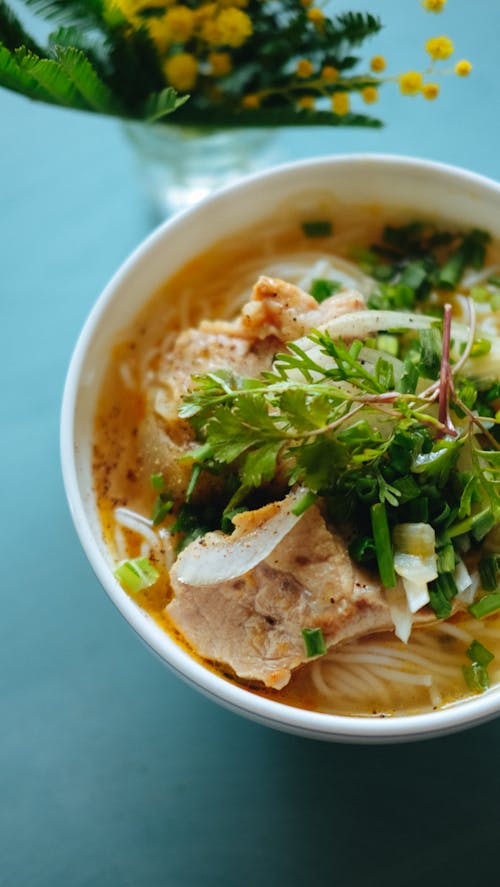Food is not merely sustenance; it is a cultural phenomenon that bridges continents, generations, and traditions. From ancient times to the present day, humanity’s relationship with food has evolved into a rich tapestry of flavors, techniques, and rituals. This article delves into the diverse and fascinating world of food, highlighting its historical significance, modern innovations, and enduring appeal.

From Ancient Origins to Modern Delights
Food has played a central role in human history, shaping societies and civilizations in profound ways. Ancient civilizations cultivated crops, domesticated animals, and developed culinary traditions that laid the foundation for today’s global cuisine. The Egyptians brewed beer and baked bread, the Greeks celebrated with feasts, and the Romans indulged in elaborate banquets. Across Asia, Africa, and the Americas, indigenous cultures developed unique agricultural practices and culinary techniques that continue to influence food today.
The Evolution of Culinary Techniques
Over centuries, culinary techniques have evolved alongside human ingenuity and creativity. Innovations such as fermentation, preservation, and cooking methods like grilling, roasting, and steaming have transformed raw ingredients into delectable dishes. These techniques not only enhance flavors but also improve food safety and nutritional value, allowing societies to thrive and flourish.
Cultural Diversity and Global Fusion
Food is a powerful expression of cultural identity and diversity. Each region of the world boasts its own unique ingredients, flavors, and traditions that reflect its geography, climate, and history. From the spicy curries of India to the delicate sushi of Japan, from the hearty stews of Europe to the vibrant street food of Latin America, culinary diversity enriches our global palate and celebrates the richness of human experience.
Modern Trends and Innovations
In the 21st century, food culture is experiencing a renaissance driven by innovation, technology, and a growing awareness of sustainability and health. Chefs and food enthusiasts are pushing boundaries with avant-garde techniques, molecular gastronomy, and fusion cuisines that blend traditional flavors with contemporary twists. Farm-to-table practices, organic farming, and sustainable seafood initiatives are reshaping the way we produce and consume food, promoting environmental stewardship and ethical sourcing.
The Pleasure of Eating: Beyond Nutrition
Eating is not just about nourishment; it is a multisensory experience that engages our senses of taste, smell, sight, and touch. The ritual of sharing meals with loved ones fosters social bonds and strengthens communities. From intimate family dinners to elaborate feasts and global food festivals, the act of eating brings people together, transcending language and cultural barriers.

Conclusion: Celebrating Food’s Timeless Appeal
Food is a universal language that speaks to our shared humanity and connects us to our past, present, and future. As we continue to explore the world of food, let us savor its diversity, celebrate its cultural richness, and embrace its capacity to nourish body, mind, and soul. Whether enjoying a simple meal at home or embarking on a culinary adventure abroad, food remains a source of joy, inspiration, and endless discovery.














